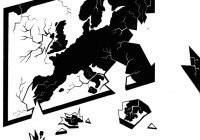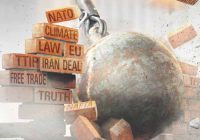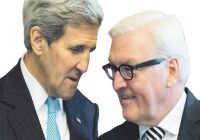What do the following places have in common: Kosovo, Crimea, Catalonia, Chechnya, Abkhazia, South Ossetia, Transnistria, Hungary, Scotland and the Kurdish regions of Iraq, Syria and Turkey? After the Cold War, each was the scene of secession attempts or demands to alter national borders.
In Yugoslavia, Georgia and the Ukraine, the secessionists used violence to forcibly shift national borders with the help of external actors (NATO, Russia). Otherwise, the specific …







